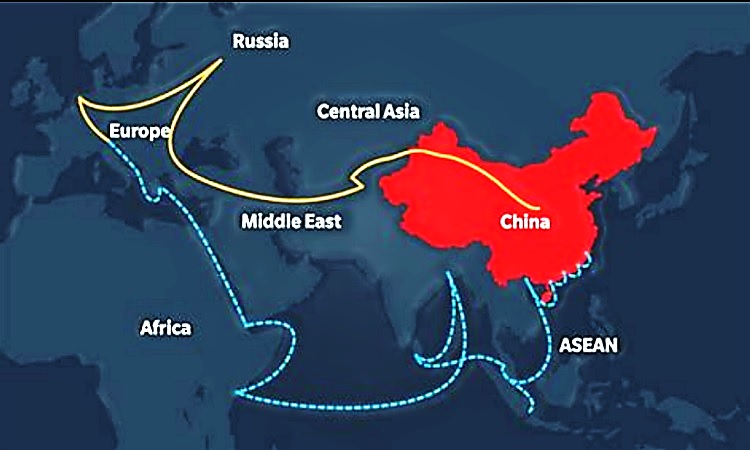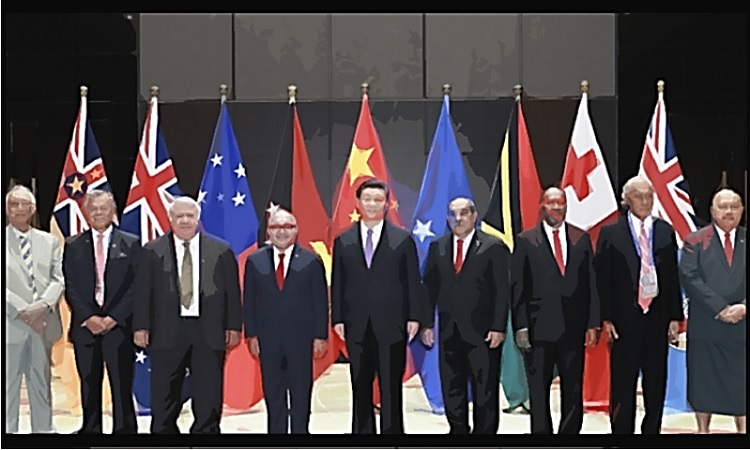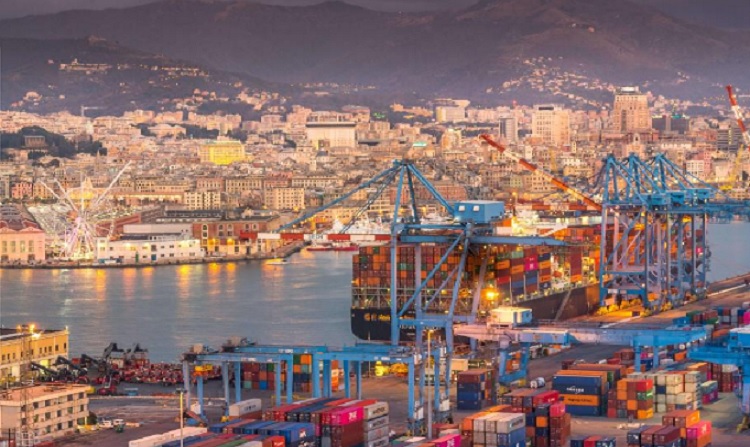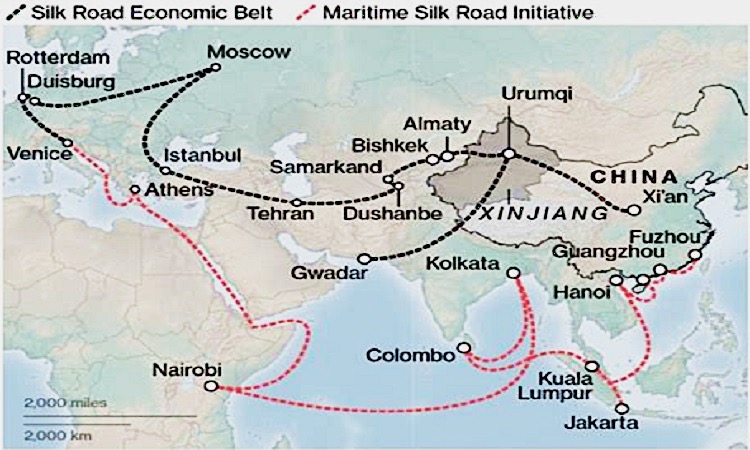Author: Sanne van der Lugt | Clingendael Spectator | Originally published 16 September 2020
An inconvenient truth often ignored or denied is that Chinese economic activities on the African continent are not worse than (and often not even as bad as) US or European activities in Africa. Clingendael Research Associate Sanne van der Lugt presents six persistent myths about China-Africa relations based on her own research experiences.
A week after The New York Times wrote down Chinese economic activities in Africa as driven by the Chinese state, using Chinese workers, focusing on extracting resources and flooding Africa with cheap imports, McKinsey presented a study that refutes these accusations.
McKinsey found that around 30 percent of the about ten thousand Chinese firms in Africa are actually operating in the manufacturing sector, that 86 percent of their employees are local – as are 40 percent of their managers – and that 85 percent of the firms are privately owned.
Still, during his visit to the African continent as US Secretary of State in March 2018, Rex Tillerson stated again that Chinese investment is creating ‘few if any jobs in most countries’.The power of repetition; sometimes aided with actively preventing that certain facts get published.
![]() Sanne van der Lugt argues that we need to examine more closely the myth-making around Chinese economic engagement in Africa. She focuses on the six ‘persistent myths’ that:
Sanne van der Lugt argues that we need to examine more closely the myth-making around Chinese economic engagement in Africa. She focuses on the six ‘persistent myths’ that:
- China is a unitary monolithic actor, and that “Beijing” sees, plans and controls everything that Chinese actors do on the African continent;
- ‘those poor Africans’ are no match for Chinese investors;
- the Chinese government is always the initiator of the resources-for-infrastructure deals in Africa;
- China’s ‘win-win’ rhetoric in Africa is intended to mean equal benefits for both parties;
- the Chinese do not care about social and environmental issues;
- the Chinese government purposefully lends money to countries that are not creditworthy in order to get stakes in strategic assets like ports and mines – so-called ‘debt-trap diplomacy’.
Read the full article (external link to Clingendael Spectator)







